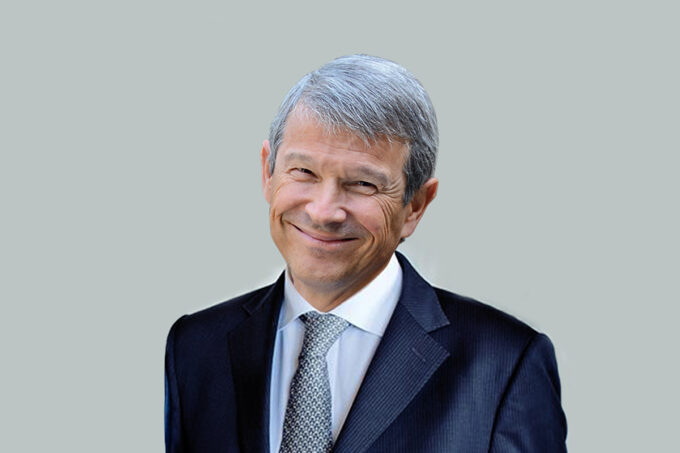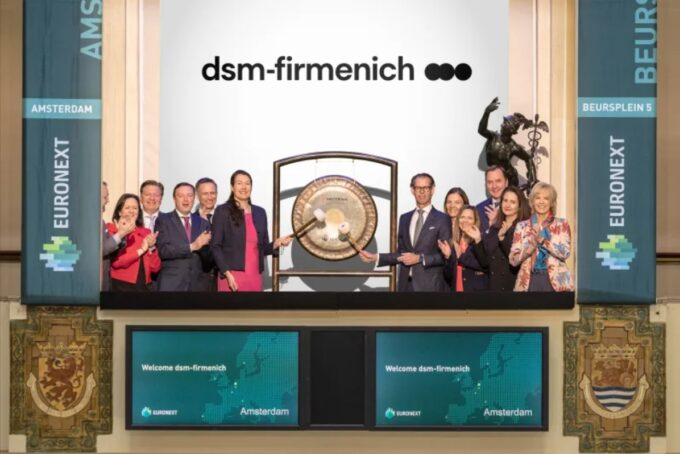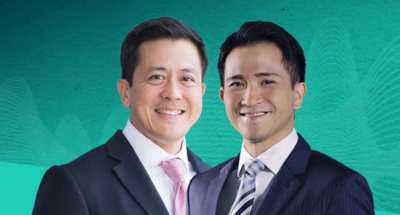Family enterprises are among the oldest and most important organizations in the world, and they play a crucial role in the world economy and society. They are however confronted with unique challenges, many of which are more pronounced in today’s fast-paced, uncertain, and highly volatile environment, with industry dynamics becoming increasingly competitive, requiring families to rethink some of their core principles and beliefs.
To ensure multi-generational unity and success, enterprising families need to successfully navigate these turbulent times by building on their core strengths – a solid financial foundation, strong values, multi-stakeholder decision making, loyalty and a long-term perspective. At the same time, they need to embrace the new world and think about ways to challenge the status quo and think about the most adequate setup for future success.
This was the situation that the Firmenich family was facing, and ultimately led to the announcement in May 2022 that Firmenich had entered into an agreement with publicly listed Dutch group DSM, to merge the two businesses and create DSM-Firmenich. The new entity is “uniquely positioned to anticipate and address evolving consumer needs”, according to a joint statement by the two companies at the time. DSM-Firmenich is set to be an industry leader in nutrition, beauty and wellbeing.
Described as a “merger of equals”, the joint entity will see DSM shareholders holding 65.5% of the new company and Firmenich 34.5%. The agreement will also generate a cash payout of €3.5 billion for Firmenich shareholders. The deal is still subject to customary conditions, including obtaining relevant regulatory clearances and completing relevant employee consultation procedures. DSM has said it expected the merger to be finalized by the end of the first quarter of 2023.
So, what led the Firmenich family to consider this transaction, and what enabled the two parties to get to the point of agreeing that a combination of the businesses was the best way forward? A few weeks ago, I had the opportunity to speak with four members of the family about this important decision – what led to it, how it came about and what is coming next for the family – deriving some important insights for other privately held businesses.
A forward-looking and strategic move
Let’s take a step back and examine the industries each company is in. The flavors and fragrances industry is undergoing a period of transformation driven by shifts in customer needs and the blurring of lines with adjacent industries. This has led to a cycle of consolidation and the entrance of new players in this industry. Despite being the solid industry leader, Firmenich was not unaware of the disruptive forces at play and naturally considered various strategic options to not only maintain their leading position but to actually lay the foundation for an even brighter future.
Moreover, the Firmenich family and as a consequence the number of shareholders has grown over the decades – from 15 in 1990 to more than 40 today. Decision making in a growing shareholder group isn’t always easy and certainly does not get any easier in future generations. However, because of their “business first” mentality the family came to an agreement on this merger to ensure future competitiveness.







